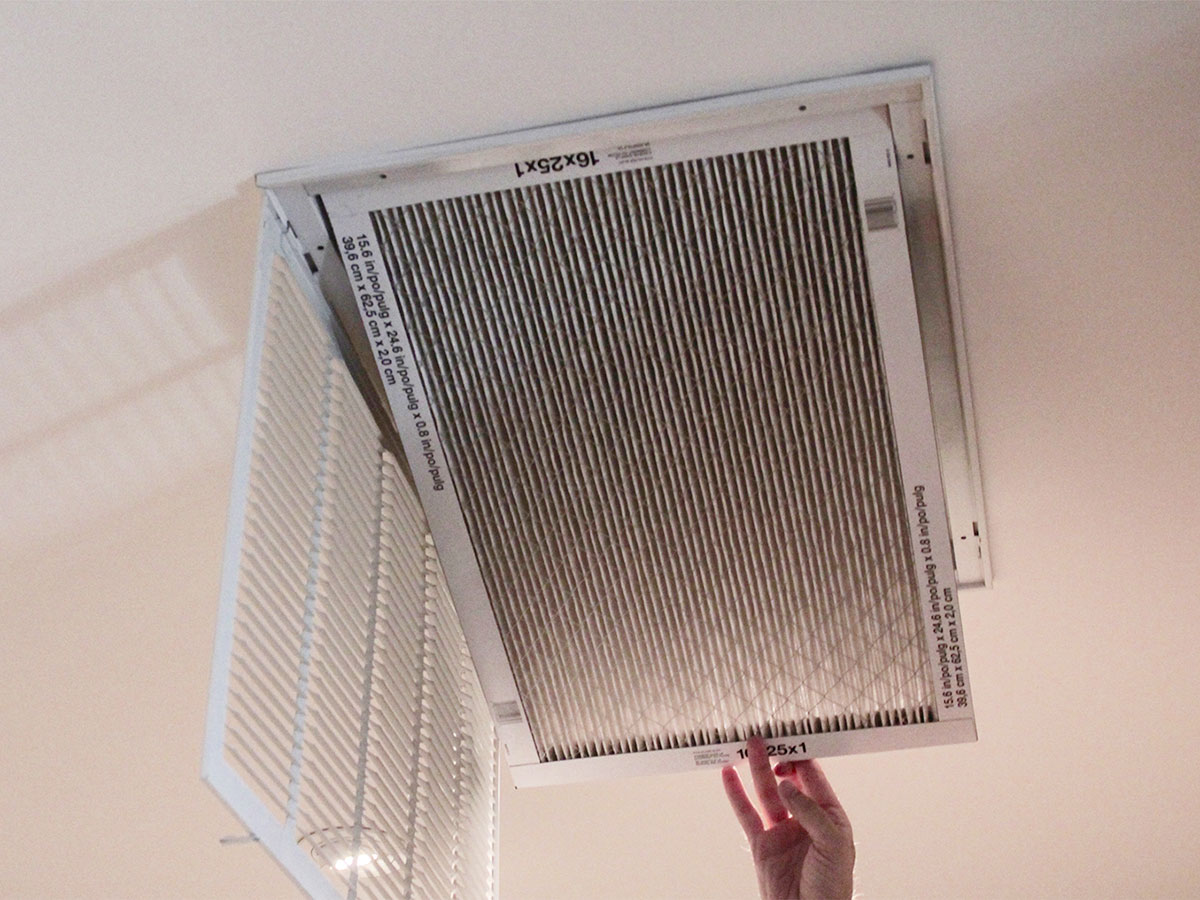 When you become a homeowner, there are so many crazy things that can possibly happen to and in your home. All of sudden, you have a new maintenance schedule for your home. And that maintenance schedule forgets to mention the crazy little items that could occur. Are you prepared for the simplest of tasks? Here are the ten things every homeowner should know that effects your home’s efficiency.
When you become a homeowner, there are so many crazy things that can possibly happen to and in your home. All of sudden, you have a new maintenance schedule for your home. And that maintenance schedule forgets to mention the crazy little items that could occur. Are you prepared for the simplest of tasks? Here are the ten things every homeowner should know that effects your home’s efficiency.
Know How to Shut Off a Running Toilet
Pay attention to a running toilet. Most times a running toilet is the result of a flapper valve that is not completely down. Simple check on this valve to make sure it is down and running water cannot continue to flow. If the flapper valve is worn and is not containing the water, then turn the toilet water off. Buy a replacement valve and remove the old valve and replace it with the new valve. It is important to shut off a running toilet because the simple act of running water can increase a water bill exponentially and unnecessarily.
Know How to Use a Caulk Gun
Caulking areas in your home is super easy with some patience and a steady hand. By caulking areas, you have clean lines and a finished look to areas in your home. Learning to use a caulk gun will help you seal areas around your home that could be letting air in and out. Letting air in and out can create an overuse of your heating and air conditioning units. Thus,wasting money on heating and cooling outside your home.
Know Where Your Main Water Shut Off Value is Located
Many people take for granted that they have a water shut off value and do not know where it is located. If you run into a leak in your home, then knowing where your main water shut off valve is critical. A leak in a home can cause a lot of damage. Thus, knowing where the main water shut off is located will prevent more problems. Know that main water shut off valves are not always in the same place in each home. Generally, it is near the water meter. So check basements or garages for the valve.
Change an Air Filter
Changing an air filter is so simple, but must be done regularly. Depending on your home, you will change it monthly, bimonthly or quarterly. Find the locations in your home for your air filters and then open the vent and remove the air filter. Replace the air filter with a clean, new match. If you do not know what air filter you have or the size, you will find the details on the sides of your current air filters. It is important to change air filters, because dirty ones can cause damage to your heating and air conditioning units. Not to mention polluting the air in your home.
Clean Your Dryer Vent
Your dryer produces lint from clothes. This lint accumulates in the dryer vent which builds up over time. If the dryer vent is clogged with lint, the dryer will be forced to work harder. You may need to run the dryer longer in order to get your clothes dry. Thus, increasing your utility bill. As a side benefit, cleaning your dryer vent protects against potential fires.
Change a Light Bulb
Changing out light bulbs is necessary to see in your home. But changing out old light bulbs for LED bulbs will help save energy in your home. Lights that are on for long periods of time are best suited to LED lights. So take a look around your home and start switching out bulbs in high usage areas first.
Learn How To Use Your Programmable Thermostat
If you already have a programmable thermostat, then learn how to use it. Knowing your patterns of being in and out of your home and how to heat and cool your home accordingly will help manage your energy consumption and bills.
Check Your Attic Insulation
A quick walk around your attic to check if the insulation is in place, will help manage heat and cold in your home. If you see that the insulation is damaged or worn, then consider adding new insulation that will result in keeping your home at the best temperature and also help maintain your energy consumption.
Learn to Install a Ceiling Fan
Ceiling fans help regulate air in rooms. You can use then to create cool or hot air in the homes. Installing a ceiling fan in specific rooms can help you regulate the amount of work your heating and air conditioning units need to perform to keep your home cool and hot.
Hire a Contractor to Help
You may not have the skills to fix a major leak in your home. And you may not have the skills or time to check your heating and air conditioning equipment. So know when to call a professional and how to get the right people in for the job.

